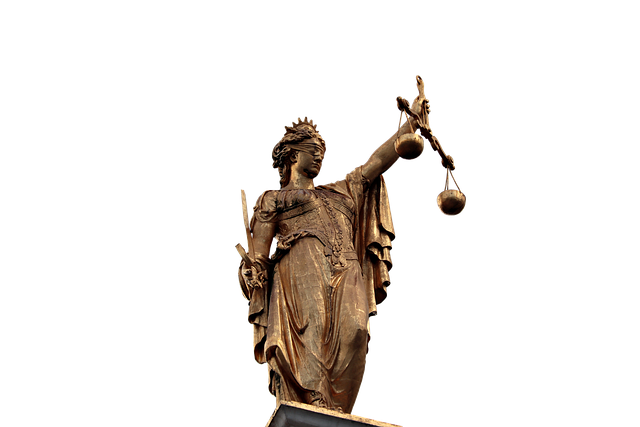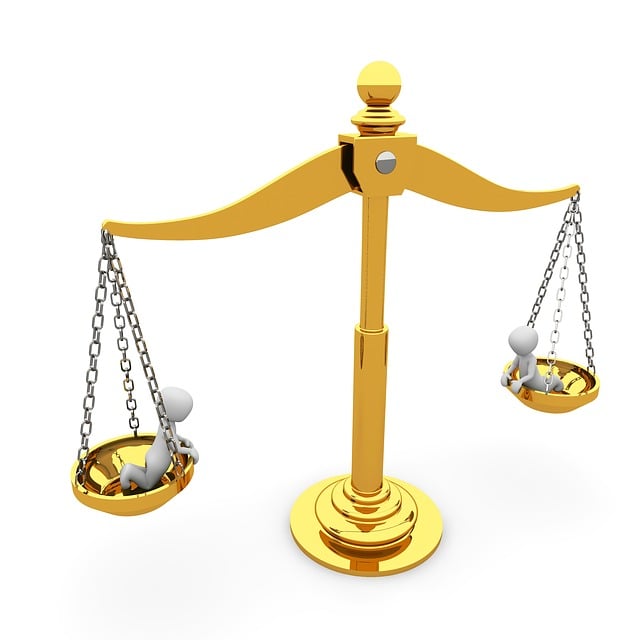RF Regulatory Agencies enforce laws ensuring safe and fair RF technology, with power to combat violations like unauthorized transmissions and labor rights breaches (Examples of Workplace Rights Violations). They investigate workplace rights abuses, including discrimination, retaliation, wage issues, and health & safety hazards, leading to penalties or dismissals. Proactive compliance, training, and defense strategies safeguard against such charges (Examples of Workplace Rights Violations), emphasizing the importance of protecting workers' rights in high-stakes cases.
In today’s complex business landscape, understanding the role of RF Regulatory Agencies is paramount for companies aiming to protect themselves from legal repercussions. This article delves into the intricacies of these agencies’ investigations, focusing on their authority and how they enforce workplace rights. We explore common violations, such as unfair labor practices and health and safety neglect, highlighting real-world examples. The consequences of investigated cases are examined, along with prevention strategies and remedies to safeguard workers’ rights and mitigate risks for businesses.
- Understanding RF Regulatory Agency Authorities
- Common Violations of Workplace Rights Uncovered
- The Impact and Consequences of Investigated Cases
- Protecting Workers: Prevention Strategies and Remedies
Understanding RF Regulatory Agency Authorities

RF Regulatory Agencies operate within a legal framework designed to protect public safety and ensure fair practices in the use of radio frequency (RF) technologies. Their authorities extend to investigating potential violations of regulations related to RF emissions, device safety, and spectrum utilization. These agencies play a vital role in maintaining the integrity of wireless communications, ensuring consumer protection, and facilitating technological advancements.
Understanding these regulatory bodies’ powers is crucial for businesses and individuals alike, as it highlights their rights and responsibilities. For instance, when dealing with potential violations like unauthorized RF transmissions or non-compliance with safety standards, affected parties may exercise their right to due process, including the ability to present evidence and argue their case. In the event of serious offenses, such as willful or reckless disregard for RF regulations, which can lead to harm or disruption, achieving extraordinary results in legal defense—be it through negotiations, alternative dispute resolution, or jury trials—may depend on a thorough understanding of these regulatory authorities’ scope and limits.
Common Violations of Workplace Rights Uncovered

In their investigations, RF Regulatory Agencies often uncover a range of common violations related to workplace rights. These include unfair labor practices such as discrimination based on race, gender, or age; retaliation against employees who file complaints or participate in union activities; and failure to provide adequate safety measures, leading to hazardous working conditions. Many cases also highlight the non-payment or underpayment of wages, including overtime pay violations, misclassification of employees as independent contractors, and failure to comply with minimum wage laws.
Across the country, these investigations have revealed systemic issues where employers do not respect the rights of their workers. For his clients, the outcomes can be significant, ranging from financial compensation for wronged employees to changes in company policies and practices to ensure compliance with labor laws. Jury trials have also been a crucial component, providing a platform for affected individuals to share their stories and hold accountable those who violate workplace rights.
The Impact and Consequences of Investigated Cases

The outcomes of RF Regulatory Agency investigations can have profound implications for both individuals and organizations. When violations of workplace rights are uncovered, it not only highlights systemic issues but also serves as a stark reminder of the importance of adherence to legal standards. Examples of such violations include unfair labor practices, discrimination, and health and safety hazards in the workplace. These cases often lead to significant consequences for the accused entities, ranging from substantial fines to complete dismissal of all charges, depending on the severity of the infractions.
Across the country, numerous organizations have faced winning challenging defense verdicts following RF Regulatory Agency investigations. This not only underscores the agency’s rigorous investigation processes but also demonstrates their commitment to upholding justice and ensuring that employers respect the rights of their employees. As a result, companies are left with no choice but to implement stricter compliance measures and foster a culture of ethical conduct to avoid similar future incidents.
Protecting Workers: Prevention Strategies and Remedies

In the realm of RF Regulatory Agency investigations, protecting workers from rights violations is paramount. Prevention strategies involve rigorous internal audits and compliance training to ensure adherence to regulations. Companies must establish robust reporting mechanisms for employees to voice concerns without fear of retaliation, fostering a culture of transparency. For instance, addressing issues like unsafe working conditions or unfair wages can significantly mitigate risks.
When violations occur, remedies should be swift and effective. The white collar defense strategy often focuses on achieving extraordinary results through thorough investigations, identifying root causes, and implementing corrective actions. Examples of workplace rights violations include discrimination, harassment, and wrongful termination. By adopting proactive measures and leveraging successful defense mechanisms, organizations can protect their workers and maintain high-stakes cases while upholding ethical standards.
RF Regulatory Agency investigations not only hold violators accountable for workplace rights abuses but also serve as a crucial guide for organizations to enhance their compliance. By examining real-world cases and identifying common violations, such as those detailed in examples of workplace rights violations, businesses can implement robust prevention strategies. Adopting these measures ensures a safer, fairer environment for workers, ultimately fostering a culture of respect and adherence to regulatory standards.






